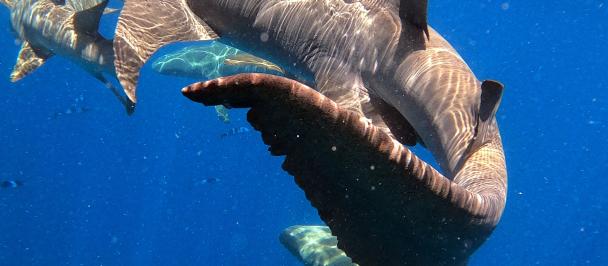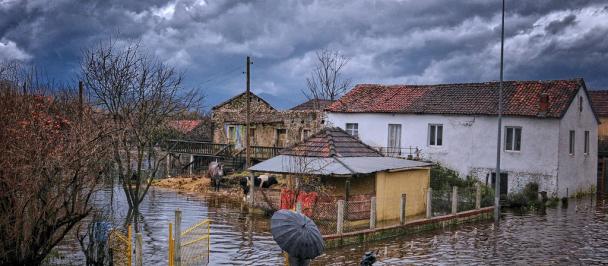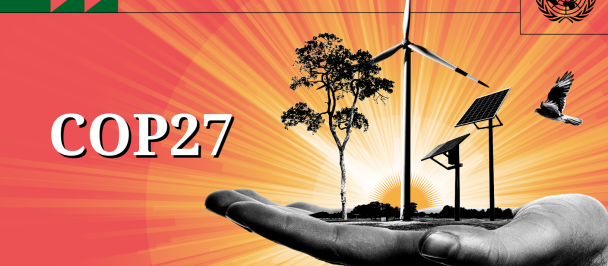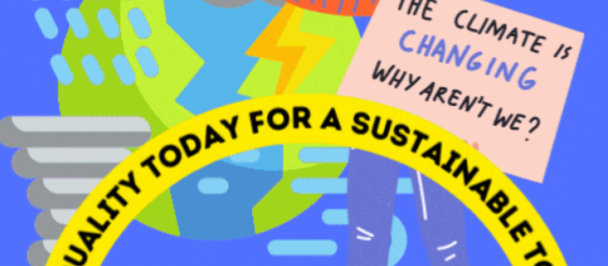Opening Speech at UNDP HLPF Side Event on Nature for Life: Accelerating SDG Progress by Investing in People and Planet
Accelerating SDG Progress by Investing in People and Planet
July 18, 2018
As prepared for delivery.
In January, the World Economic Forum’s annual Global Risks Report caused quite a stir. For the first time, five of the top nine of the most significant threats – those risks most likely to occur and to have the largest impact – were environmental risks. The loss of biodiversity and the collapse of ecosystems, coupled with extreme weather events, the failure of climate change action, and natural and anthropogenic disasters, together paint a bleak picture of increasing risk to nations around the world.
But this is only half the story. The second set of the most significant risks – water crises, food crises and large-scale involuntary migration – are direct consequences from the loss of natural capital and climate change, and the third set of risks – interstate conflict, failure of national governance and spread of infectious diseases – are often indirect consequences of these changes. In other words, 11 of the top 12 global risks are directly or indirectly related to the dual challenges of biodiversity loss and climate change.
It should be self-evident that peaceful, thriving nations depend on healthy ecosystems, yet we often fail to draw these connections. For example, the most recent 100-page Global Peace Index mentions biodiversity and climate change only once, and does not include any reference to either as a precondition for peace. Yet all 15 of the world’s most war-torn countries are facing moderate to severe drought. The wars of the 21st Century are indeed already being fought over water, and the drivers of drought are mismanagement and loss of natural capital, exacerbated by climate change.
With global water demand expected to increase by 55% by 2050, we need to look to nature-based solutions for water security. 75% of humanity depends on healthy forests for their drinking water. Yet 40% of the world’s forested watersheds are degraded, and more than 3200 cities around the world could improve their water security through forest restoration and protection .
We know from a recent WRI report that more than 85% of all tropical forests have been cleared, degraded or fragmented, and that 2017 was the second worst year on record for forest loss. This has profound implications for climate change – forests represent nearly 40% of our climate mitigation solution. Without forests, we simply cannot achieve our 1.5o or even 2o Paris objectives.
Loss of natural capital not only undermines global water security and our ability to tackle climate change – it also undermines livelihoods and national economies. Agriculture sustains 1.3 billion livelihoods, yet at least 1/5th of all crop land globally is degraded, threatening the wellbeing of up to 3.2 billion people. Forests sustain 1.6 billion livelihoods, yet tens of millions of forest-based livelihoods are at risk. And oceans sustain 1.6 billion livelihoods, but 90% of all fisheries have been fully exploited, over exploited, or have collapsed altogether. The implications for the loss of hundreds of millions of livelihoods are profound – a recent GEF STAP report found that environmental loss not only causes a significant risk to human security, but is an overall risk multiplier to societies, resulting in environmental refugees, conflict and social instability.
At UNDP, we recognize the value of nature-based solutions in tackling our most pressing global development challenges – water, peace, food, disaster resilience, livelihoods, health and climate, among others. That’s why we’ve placed nature-based solutions at the heart of UNDP’s new strategic plan. There is hope, and there is time, to put nature at the front of the agenda – to protect, restore and sustainably manage the world’s forests, oceans, grasslands and drylands – to use nature to achieve development, and to sustain life itself.
Now, through this event and our panel discussion we are very much looking forward to hearing examples that highlight how investing in natural resource governance can help bridge the peace and development agendas, accelerate SDG progress, and help ensure greater sustainability, stability and security for all.

 Locations
Locations




